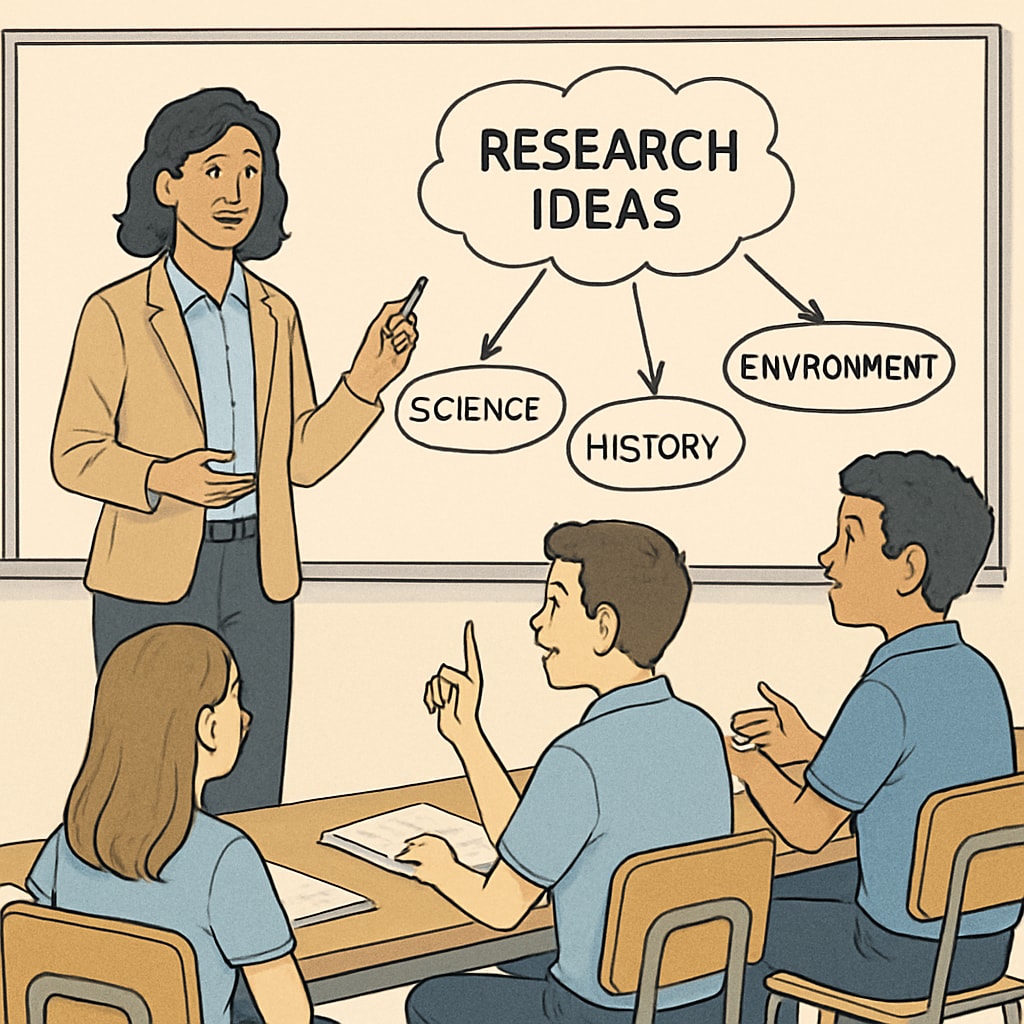Helping students craft meaningful research questions is a cornerstone of fostering critical thinking and curiosity in K12 education. Through structured frameworks and thoughtful teacher guidance, students can move from passive learning to active exploration of knowledge. This transformative process not only enriches their academic experience but also equips them with lifelong skills essential for inquiry and discovery.
The Importance of Asking the Right Questions
Research questions serve as the foundation for any investigative process. In K12 education, they provide students with a clear focus and direction for their studies. A well-crafted research question stimulates curiosity, encourages deeper exploration, and connects students to broader concepts. For example, rather than asking, “What is climate change?” students can be guided to ask, “How does climate change impact agriculture in my community?”
Teachers play a pivotal role in helping students understand the difference between broad, unfocused questions and those that are specific, measurable, and relevant. As a result, students gain confidence in their ability to approach complex topics with clarity.

Steps to Create Effective Research Questions
Creating effective research questions involves a structured approach. Here are key steps educators can use to guide students:
- Start with a broad topic: Encourage students to think about subjects that interest them, such as science, history, or social issues.
- Narrow the focus: Help students refine their topic into a specific area of interest. For instance, “renewable energy” can be narrowed to “solar energy’s impact on household electricity bills.”
- Encourage inquiry-based thinking: Teach students to frame their questions using “how,” “why,” or “what” to prompt deeper investigation.
- Evaluate relevance and feasibility: Guide students to assess whether their question is clear, researchable, and aligned with the scope of their assignment.
Using these steps, students can systematically design questions that challenge their understanding and encourage active learning.

Teacher Strategies for Supporting Question Formulation
Teachers can employ various techniques to support students in crafting research questions:
- Model the process: Demonstrate how to break down a topic into specific questions using real-world examples.
- Ask guiding questions: Use prompts like “What do you want to learn about this topic?” or “What specific problem are you trying to solve?”
- Provide feedback: Review students’ initial questions and offer constructive feedback to refine their focus.
- Utilize brainstorming sessions: Create group activities where students collaborate and share ideas to inspire one another.
These strategies not only enhance students’ ability to formulate questions but also foster a classroom culture of inquiry and collaboration.
Transforming Students into Knowledge Explorers
Effective research question formulation empowers students to take ownership of their learning journey. By guiding them to ask thoughtful and relevant questions, educators help students transition from passive absorbers of information to proactive knowledge seekers. This skill not only benefits their academic performance but also prepares them for future challenges where critical thinking and problem-solving are vital.
As students master the art of crafting research questions, they cultivate intellectual curiosity and a deeper appreciation for the process of discovery.
Readability guidance: Use concise paragraphs and bullet points to summarize key ideas. Maintain an active voice and distribute transitional phrases throughout the text for smoother reading. Incorporate examples and real-world applications to make the content relatable.


